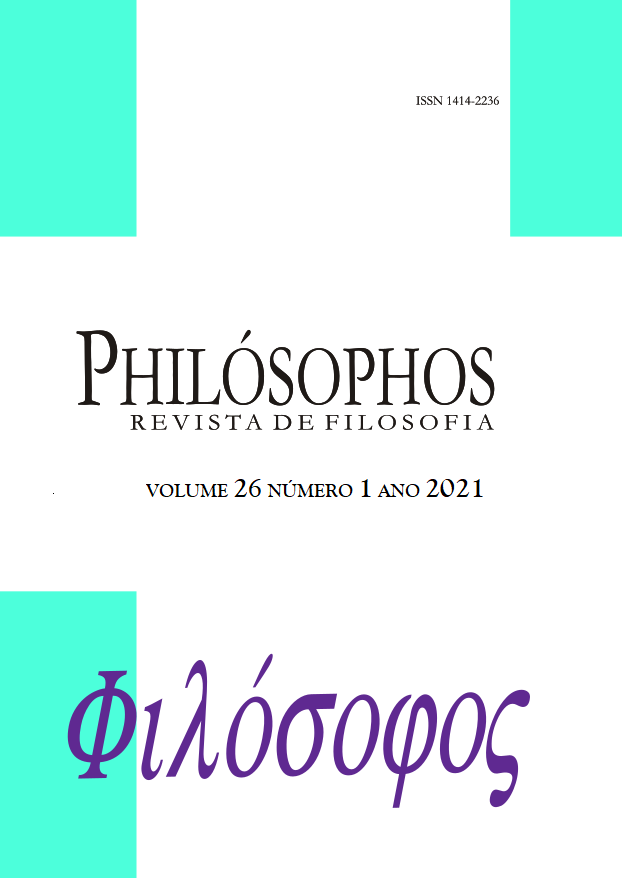Origem e alteração no pensamento antropológico de Rousseau
DOI:
https://doi.org/10.5216/phi.v26i1.66430Resumo
A diversificação física e cultural humana pode ser lida na antropologia de Rousseau a partir da ideia da degenerescência e do afastamento de uma natureza originária, mas também pode ser encarada em chave positiva como a afirmação da variedade humana, independente de uma referência a um modelo originário. Assim, o pensamento antropológico de Rousseau transita entre dois polos distintos e igualmente válidos: o julgamento histórico e o saber etnográfico. Se o primeiro (mais corrente entre os intérpretes) apoia-se em um modelo único e originário de ser humano que paulatina e historicamente se degeneraria, corrompendo-se; o último multiplica as origens de modo a afirmar positivamente as diferenças, explicando-as enquanto tais. Um se constitui em escala de medida, outro em antídoto contra o etnocentrismo. O objetivo maior deste texto consiste em apresentar sobretudo o último polo. Nele, a diversidade física e cultural se afirma enquanto tal, sem que haja a necessidade de se atribuir prêmios de preservação de uma maior pureza a esta ou aquela sociedade localizada num ponto determinado do tempo e do espaço. A diversidade indicaria não mais uma corrupção, mas sim os vários caminhos assumidos e tomados pelos grupos humanos de acordo com os tempos e as circunstâncias vivenciados.
Downloads
Downloads
Publicado
Como Citar
Edição
Seção
Licença
Copyright (c) 2021 Mauro Dela Bandera

Este trabalho está licenciado sob uma licença Creative Commons Attribution-NonCommercial-NoDerivatives 4.0 International License.
Autores que publicam nesta revista concordam com os seguintes termos:
- Autores mantêm os direitos autorais e concedem à revista o direito de primeira publicação, sendo o trabalho simultaneamente licenciado sob a Creative Commons Attribution License o que permite o compartilhamento do trabalho com reconhecimento da autoria do trabalho e publicação inicial nesta revista.
- Autores têm autorização para assumir contratos adicionais separadamente, para distribuição não-exclusiva da versão do trabalho publicada nesta revista (ex.: publicar em repositório institucional ou como capítulo de livro), com reconhecimento de autoria e publicação inicial nesta revista.















